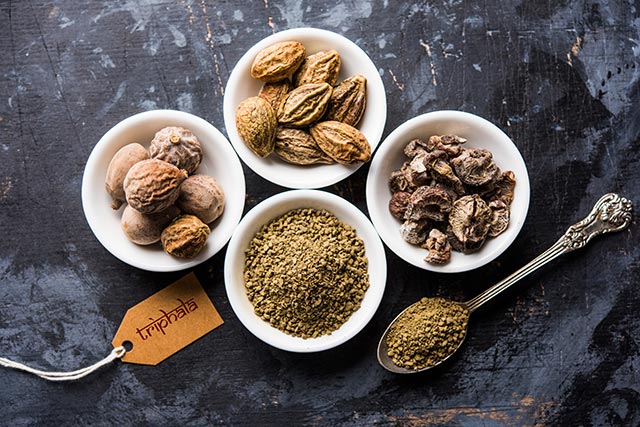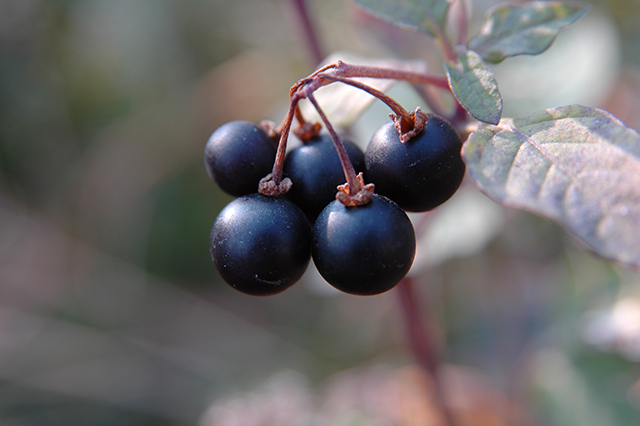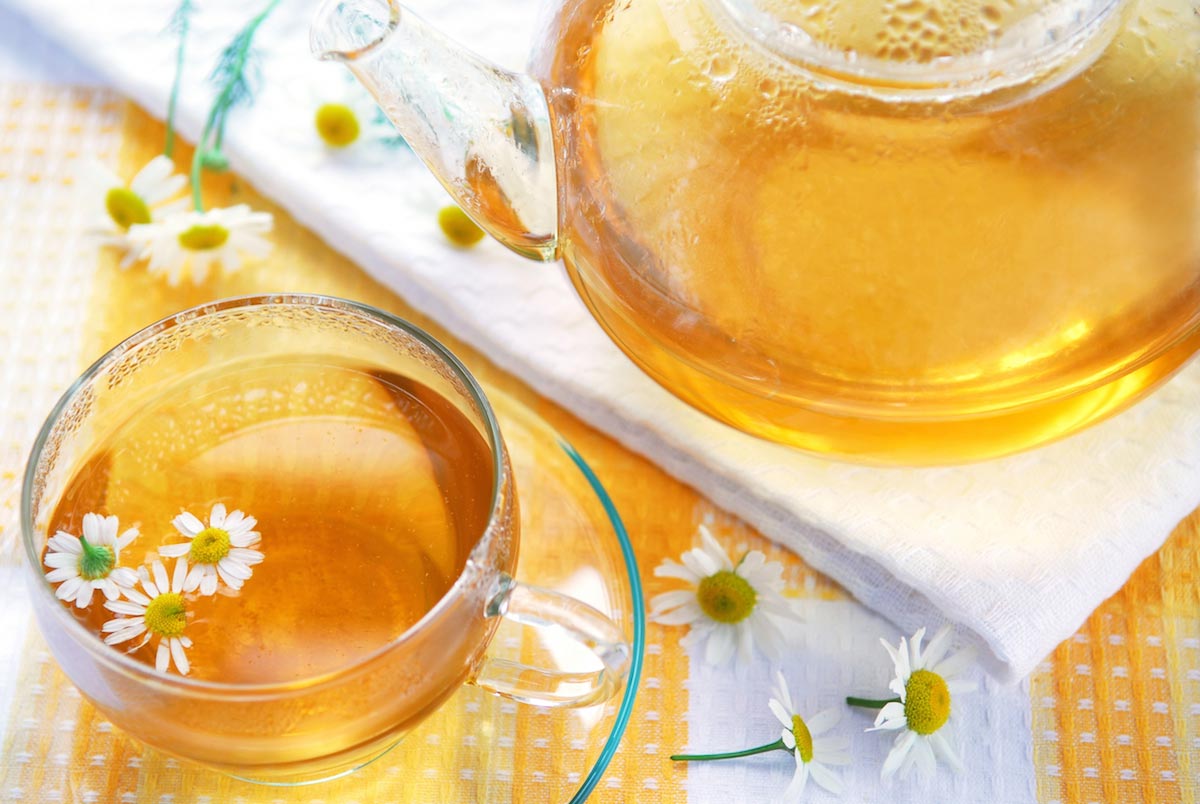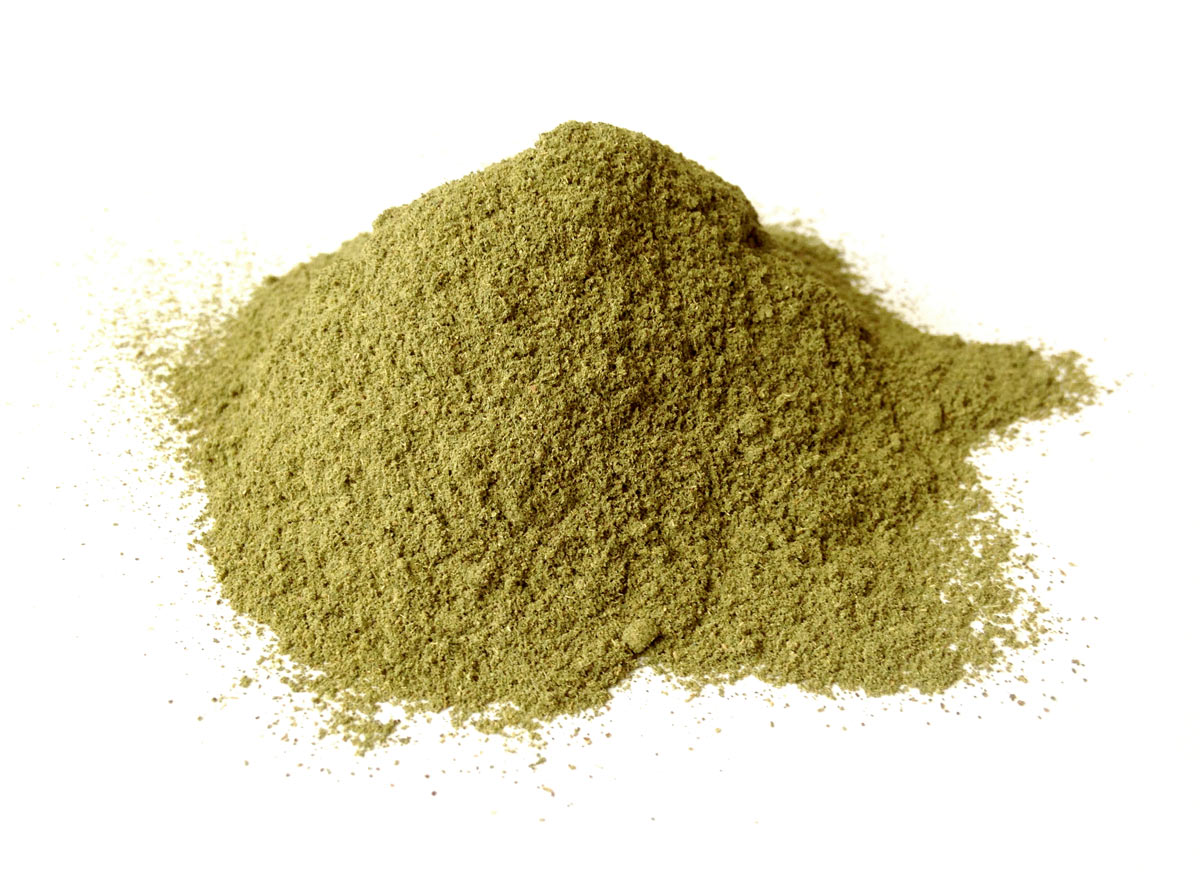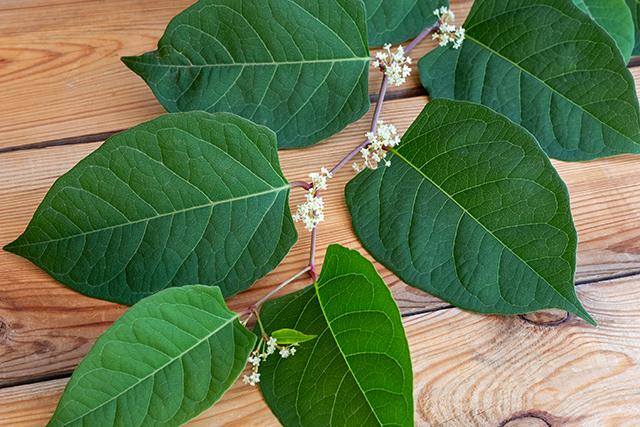Herbal remedies from traditional Chinese medicine found to effectively treat Alzheimer’s disease
07/02/2019 / By Michelle Simmons

In a review published in The American Journal of Chinese Medicine, researchers from China looked at the potential of Chinese herbal medicines on the treatment of Alzheimer’s disease and dementia. They found that certain components from Chinese herbal medicines may be used as a natural, safe, cost-effective treatment for Alzheimer’s disease.
Alzheimer’s disease is the most common form of dementia known to destroy memory and other cognitive functions. This condition not only severely reduces the quality of life for its victims but also brings a heavy economic burden to the family and society. Conventional treatments for the condition are often ineffective and have serious side effects. Therefore, there is an urgent need for new strategies to be developed for Alzheimer’s disease treatment.
In the review, the researchers examined studies on the active components of Chinese herbal medicines and their therapeutic effects on Alzheimer’s disease.
One of the active compounds reviewed was ginsenoside Rg1, which is extracted from ginseng root (Radix Ginseng). It helps treat Alzheimer’s disease by exerting a gamma-secretase inhibitor effect that reduces amyloid-beta aggregation, which plays a role in Alzheimer’s disease development. It can also inhibit the programmed cell death of nerve cells. A compound derived from the red sage root (Radix Salviae miltiorrhizae) called tanshinone IIA, and baicalin, which is extracted from the root of the Chinese skullcap (Radix Scutellariae), were found to inhibit the oxidative stress injury in nerve cells.
100% organic essential oil sets now available for your home and personal care, including Rosemary, Oregano, Eucalyptus, Tea Tree, Clary Sage and more, all 100% organic and laboratory tested for safety. A multitude of uses, from stress reduction to topical first aid. See the complete listing here, and help support this news site.
Researchers also found that icariin, which is extracted from barrenwort (Epimedium brevicornum), can reduce amyloid beta levels and the hyperphosphorylation of tau protein. It can also inhibit oxidative stress and programmed cell death. In addition, a compound derived from toothed clubmoss (Huperzia serrata) called huperzine A was found to exhibit a cholinesterase-inhibitor effect. Active components evodiamine, extracted from evodia fruit (Fructus Evodiae), and curcumin, extracted from the dried rhizome of turmeric (Rhizoma Curcumae Longae), exhibit anti-inflammatory actions.
Overall, these findings suggested that active components from these Chinese herbal medicines may help in the treatment of Alzheimer’s disease, especially because they have multi-target effects and fewer side effects.
More natural ways to treat Alzheimer’s disease
Treatment for Alzheimer’s disease focuses on improving the quality of life of people with the condition. Here are other alternative treatments for Alzheimer’s in addition to the Chinese herbal medicines mentioned above:
- Acupuncture: Acupuncture is a form of traditional Chinese medicine that uses fine, sterile needles to promote healing. This type of therapy is said to stimulate the body and improve the flow of energy called “qi.” A review of studies on acupuncture published in the International Review of Neurobiology has reported that acupuncture may boost the mood and cognitive function of people with Alzheimer’s. Another study, which was published in the Neurobiology of Aging, has shown that acupuncture may treat anxiety and depression, boost energy, and relieve pain in people with Alzheimer’s disease.
- Aromatherapy: Aromatherapy is a form of therapy that uses essential oils to improve the well-being of a person. Essential oils, such as rosemary, lemon, lavender, and orange essential oils, are believed to help improve the thinking abilities of older adults with Alzheimer’s.
- Omega-3 fatty acids: Regular consumption of omega-3 fatty acids may reduce cognitive impairment, according to a study published in the Journal of Alzheimer’s Disease. Fatty fish and nuts are some of the best sources of these healthy fats.
Prevention is still better than cure. Experts suggest to keep the body and brain working to preserve cognitive function and prevent Alzheimer’s disease and other forms of dementia.
For more articles on other Chinese herbal medicines that help in the treatment of Alzheimer’s disease, visit ChineseMedicine.news.
Sources include:
Tagged Under: alternative medicine, alternative therapies, alternative treatment, Alzheimer's disease, Chinese herbal medicines, cognitive function, dementia, disease treatments, healing, herbal medicine, Herbs, natural cures, natural medicine, natural treatment, remedies, research, TCM, therapies, traditional Chinese medicine
RECENT NEWS & ARTICLES
Herbs.News is a fact-based public education website published by Herbs News Features, LLC.
All content copyright © 2018 by Herbs News Features, LLC.
Contact Us with Tips or Corrections
All trademarks, registered trademarks and servicemarks mentioned on this site are the property of their respective owners.




